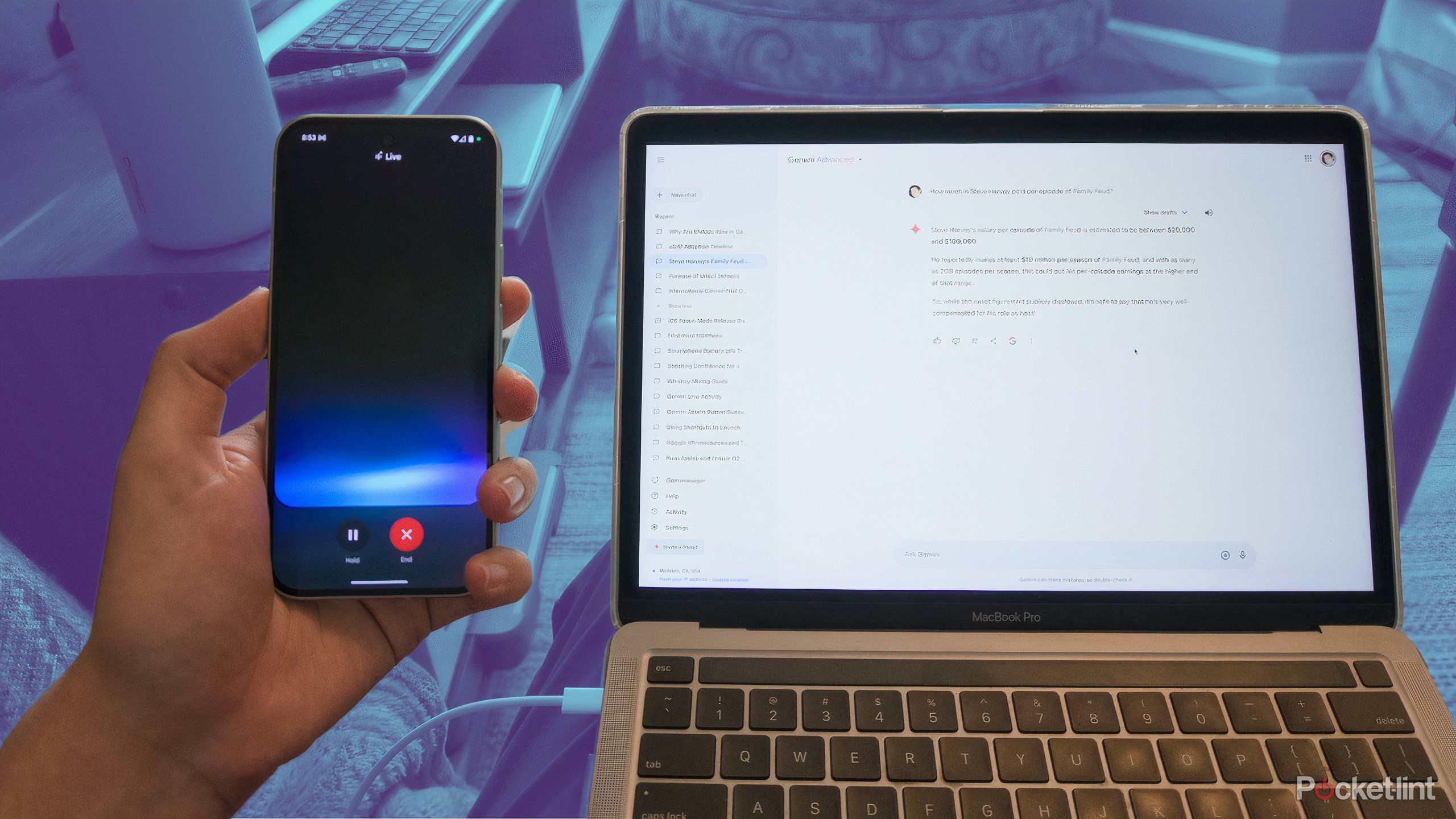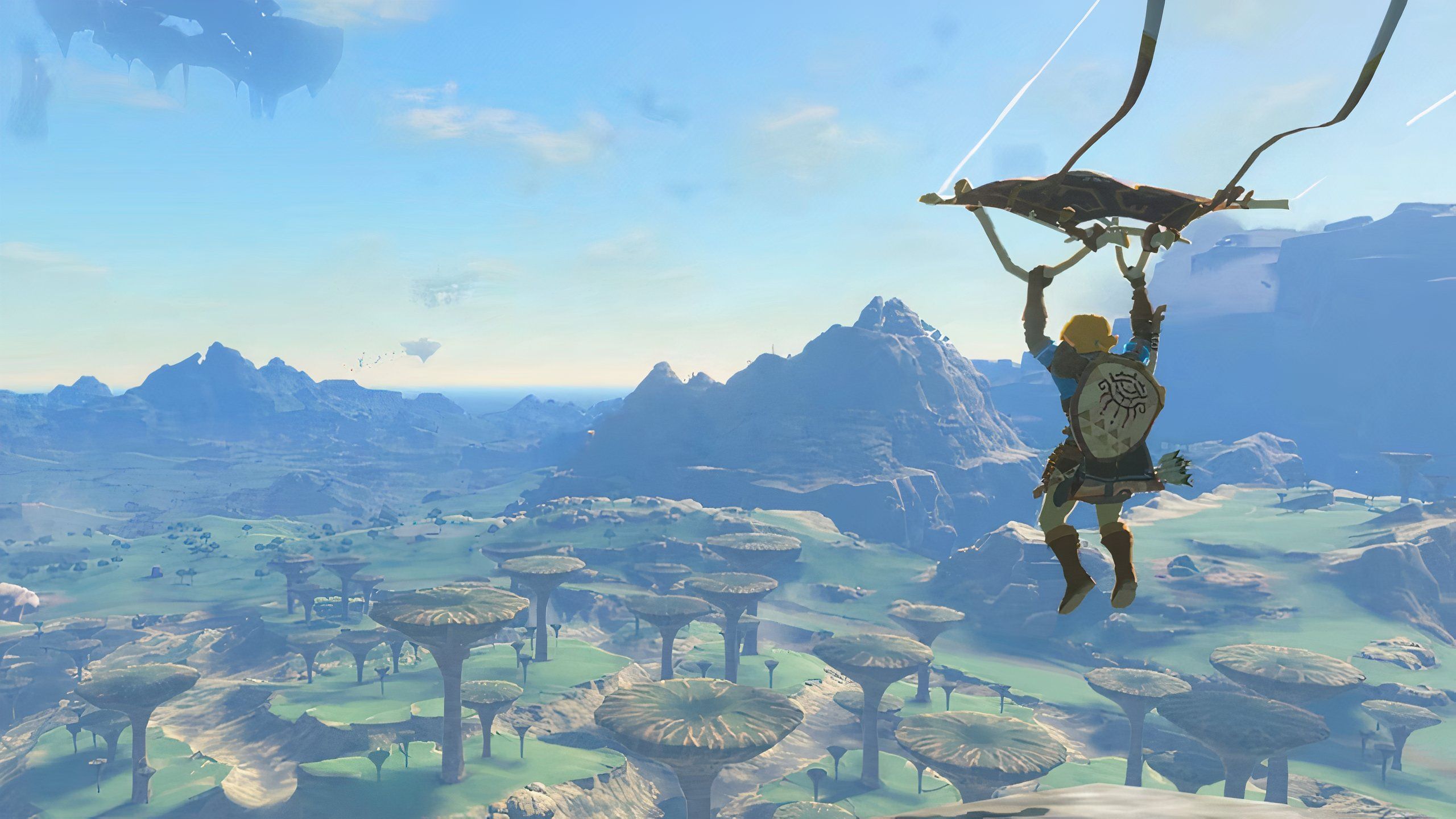Key Takeaways
- Google’s DeepMind department has just announced its latest AI model, which it calls Genie 2.
- Genie 2 is able to generate playable 3D worlds on demand.
- The existence of Genie 2 raises questions of whether AI represents the future of game development, and whether this is a net positive or a net negative.
Google’s DeepMind branch of AI researchers and engineers have formally introduced a new technology, dubbed Genie 2. This AI model is custom-built to generate fully playable 3D worlds and virtual environments, such as the ones you’d normally find in open world video games.
“Today we introduce Genie 2, a foundation world model capable of generating an endless variety of action-controllable, playable 3D environments for training and evaluating embodied agents. Based on a single prompt image, it can be played by a human or AI agent using keyboard and mouse inputs,” says Google in a DeepMind blog post.
DeepMind took to X with the announcement, and offers an in depth look at the technology via an official web page link. What makes Genie 2 stand out from other AI solutions, is its ability to simulate the consequences of taking actions like jumping and swimming within its generated worlds.
A number of video samples are provided by the company, such as one with a humanoid robot in the woods, and one with a first person view of a robot on a purple planet. The graphics are certainly convincing, and it’s remarkably impressive to see the AI model maintain consistent frame rates while generating novel content in real time. Notably, there’s no game engine running behind the scenes here, which is a big part of what makes the whole thing so impressive.
Related
These 4 Google Gemini features make my life so much easier
Since switching to the Google Pixel 9 Pro, I’ve been relying on Gemini AI to take care of several previously mundane tasks.
Genie 2 is impressive, but it arrives with real world implications
Where’s the craftsmanship in AI-generated world building?
Nintendo
While undoubtedly impressive, the existence of something like Genie 2 raises important questions surrounding creative artistry. Currently, there’s a human touch to world building that can be found within most digital media. If a technology like this were to take hold within mainstream video game studios, as an example, I feel that something integral would be lost in translation.
When looking at an open-world video game like The Legend of Zelda: Tears of the Kingdom, it’s immediately clear that the developers have taken pride in crafting an organic world filled with human touches all throughout. Aside from the fact that many of these employees could potentially lose their jobs, I’m simply not convinced that AI-generated game worlds will click with me — at least not in the same way as the ones built by humans with a particular artistic vision in mind.

Related
What’s the difference between Gemini and Gemini Live?
Google’s AI assistant already comes in a confusing number of flavors. Here’s the key difference between two of the more important versions.
Trending Products

Cooler Master MasterBox Q300L Micro-ATX Tower with Magnetic Design Dust Filter, Transparent Acrylic Side Panel, Adjustable I/O & Fully Ventilated Airflow, Black (MCB-Q300L-KANN-S00)

ASUS TUF Gaming GT301 ZAKU II Edition ATX mid-Tower Compact case with Tempered Glass Side Panel, Honeycomb Front Panel…

ASUS TUF Gaming GT501 Mid-Tower Computer Case for up to EATX Motherboards with USB 3.0 Front Panel Cases GT501/GRY/WITH Handle

be quiet! Pure Base 500DX ATX Mid Tower PC case | ARGB | 3 Pre-Installed Pure Wings 2 Fans | Tempered Glass Window | Black | BGW37

ASUS ROG Strix Helios GX601 White Edition RGB Mid-Tower Computer Case for ATX/EATX Motherboards with tempered glass, aluminum frame, GPU braces, 420mm radiator support and Aura Sync

CORSAIR 7000D AIRFLOW Full-Tower ATX PC Case â High-Airflow Front Panel â Spacious Interior â Easy Cable Management â 3x 140mm AirGuide Fans with PWM Repeater Included â Black










